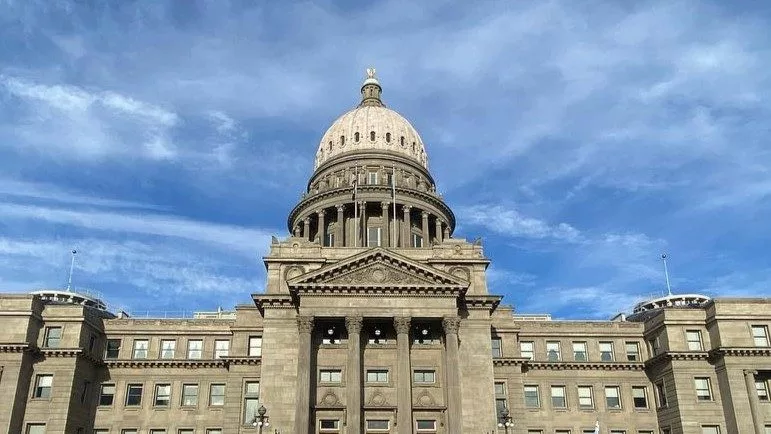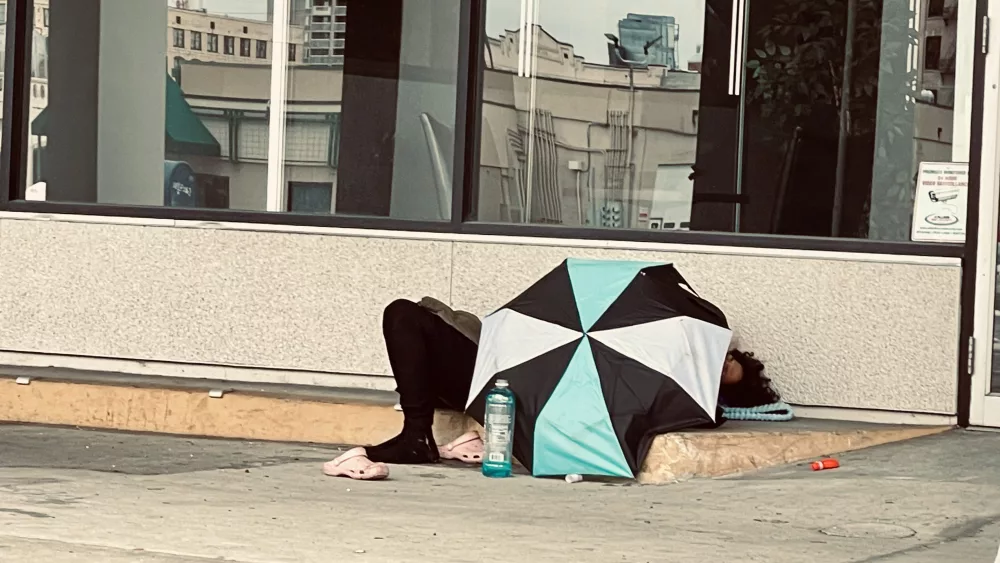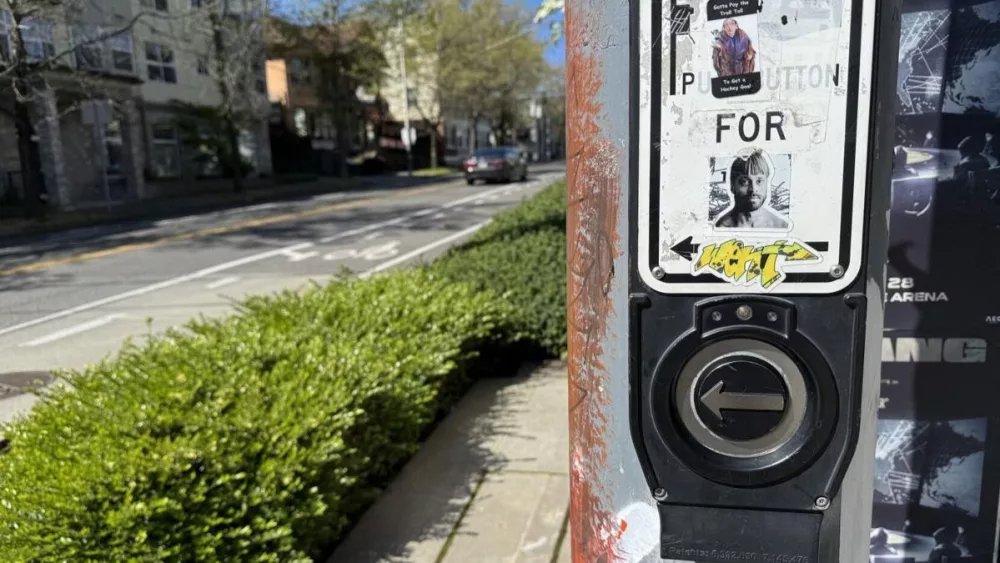BOISE, ID – The Idaho House widely passed a bill to limit youth access to public performances considered “indecent sexual exhibitions,” such as drag shows.
House Bill 230, sponsored by Rep. Ted Hill, R-Eagle, would require event hosts and organizers to “take reasonable steps to restrict” minors’ access to public performances that involve “live persons engaged in sexual conduct,” if such performances are “patently offensive to an average person applying contemporary community standards in the adult community.”
Minors exposed would have a cause of action under the bill, giving them standing in lawsuits.
The bill’s statement of purpose says the legislation “uses the same indecency standard utilized by the federal government to determine whether content is appropriate for daytime television.”
Calling the bill “constitutionally sound,” Hill told House lawmakers the bill’s focus is to create “a duty of care for” providers or performers of “sexually indecent exhibitions.”
“I see that the goal posts, as they say, are moving. What is acceptable? The reason why the government needs to step in (is) because the boundary keeps moving farther and farther out. And that’s where it’s time for us to say, ‘Let’s, let’s protect our children,’” Hill said.
The Idaho House of Representatives passed the bill after little debate Monday on a 54-11 vote. All of the Idaho House’s nine Democrats voted against the bill, joined by two Republicans.
Rep. Dustin Manwaring, R-Pocatello, and Rep. Jack Nelsen, R-Jerome, voted against the bill but did not debate it on the House floor. Five lawmakers were absent for the House vote.
Idaho House Minority Leader Ilana Rubel, D-Boise, the only lawmaker who debated the bill on the House floor, said the bill proposes “an extremely vague standard” that would “run afoul of the First Amendment” and would likely shut down “a lot of the arts in Idaho that are not indecent.”
“I feel like you would not be able to put on a high school production of ‘Grease’ under this bill,” Rubel argued in House floor debate. “Ordinary theater would be exposed to vast amounts of civil liability. I think this goes way too far.”
Responding to Rubel’s debate, Hill said “we negotiated with” Boise State University “on their performing arts.”
“And we’re very specific about that. The standards of patently offensive by contemporary community standards,” Hill continued. “And that’s — none of that come close to qualify what we see in the performing arts.”
The bill now heads to the Idaho Senate, where it could receive a committee hearing and a full vote by the Senate.
Bill would create cause of action for minors, giving them standing for lawsuits
Under the bill, minors who are exposed to “sexual conduct” would have a right to sue event organizers for $5,000 in statutory damages as well as monetary damages for “psychological, emotional, economic and physical harm suffered.”
Affirmative defenses to such lawsuits include contracts that say event performers will not engage in performances that violate the legislation; minors at least age 14 are accompanied by a legal guardian or parent, or their parent or legal guardian “provided prior written consent” for the minor to attend the show “in the company of a designated adult;” or people being sued “had reasonable cause to believe” the minor was an adult.
The Idaho Family Policy Center, an organization that advocates for conservative Christian policies, drafted the bill. It previously tried to ban drag performances in public spaces in 2023, and this year drafted legislation to require Bibles be read in schools.
While the bill does not explicitly say the words “drag shows,” the policy center said the legislation was inspired by drag shows held in public parks in Coeur d’Alene and Boise, the Idaho Capital Sun previously reported.
In a statement immediately after the House passed the bill, Idaho Family Policy Center President Blaine Conzatti thanked the House “for standing to protect our children and our communities, and we look forward to working with the Idaho Senate to better protect the innocence of our kids and the morality of this great state.”
If passed into law, the bill would take effect 30 days after being signed by the governor through an emergency clause.
To become law, Idaho bills must pass the House and Senate and avoid the governor’s veto.
Another bill introduced in the House last week aims to amend Idaho’s indecent exposure law in response to a Canyon County Pride event that took place in June.
Idaho Capital Sun is part of States Newsroom, a nonprofit news network supported by grants and a coalition of donors as a 501c(3) public charity. Idaho Capital Sun maintains editorial independence. Contact Editor Christina Lords for questions: info@idahocapitalsun.com.





